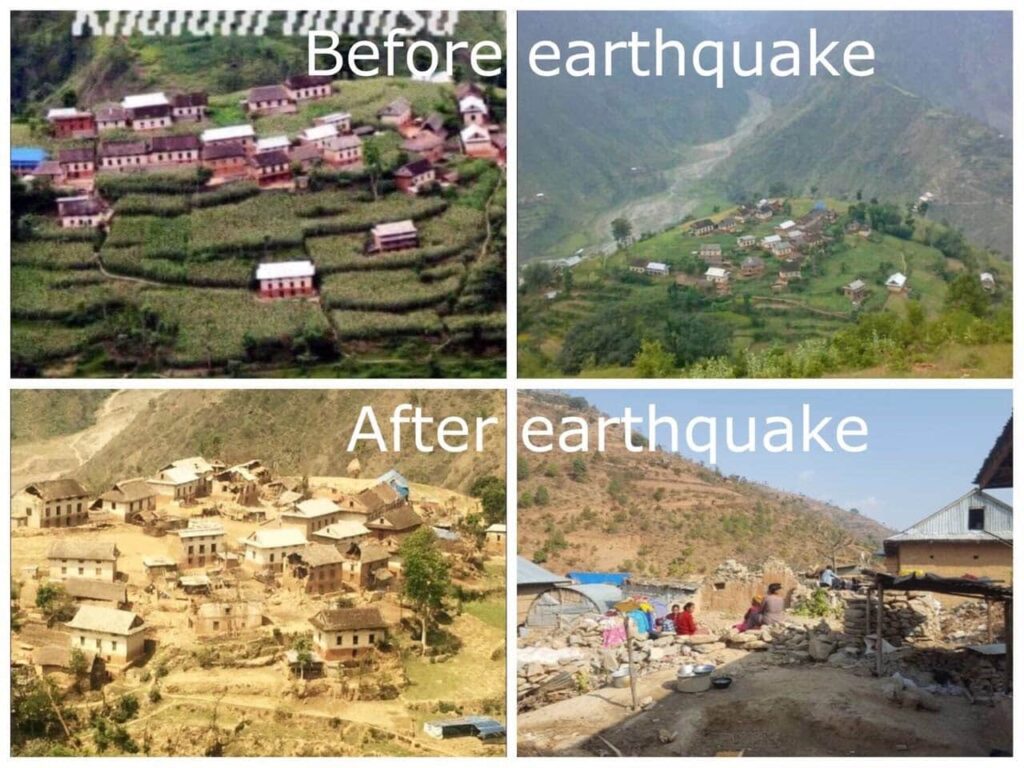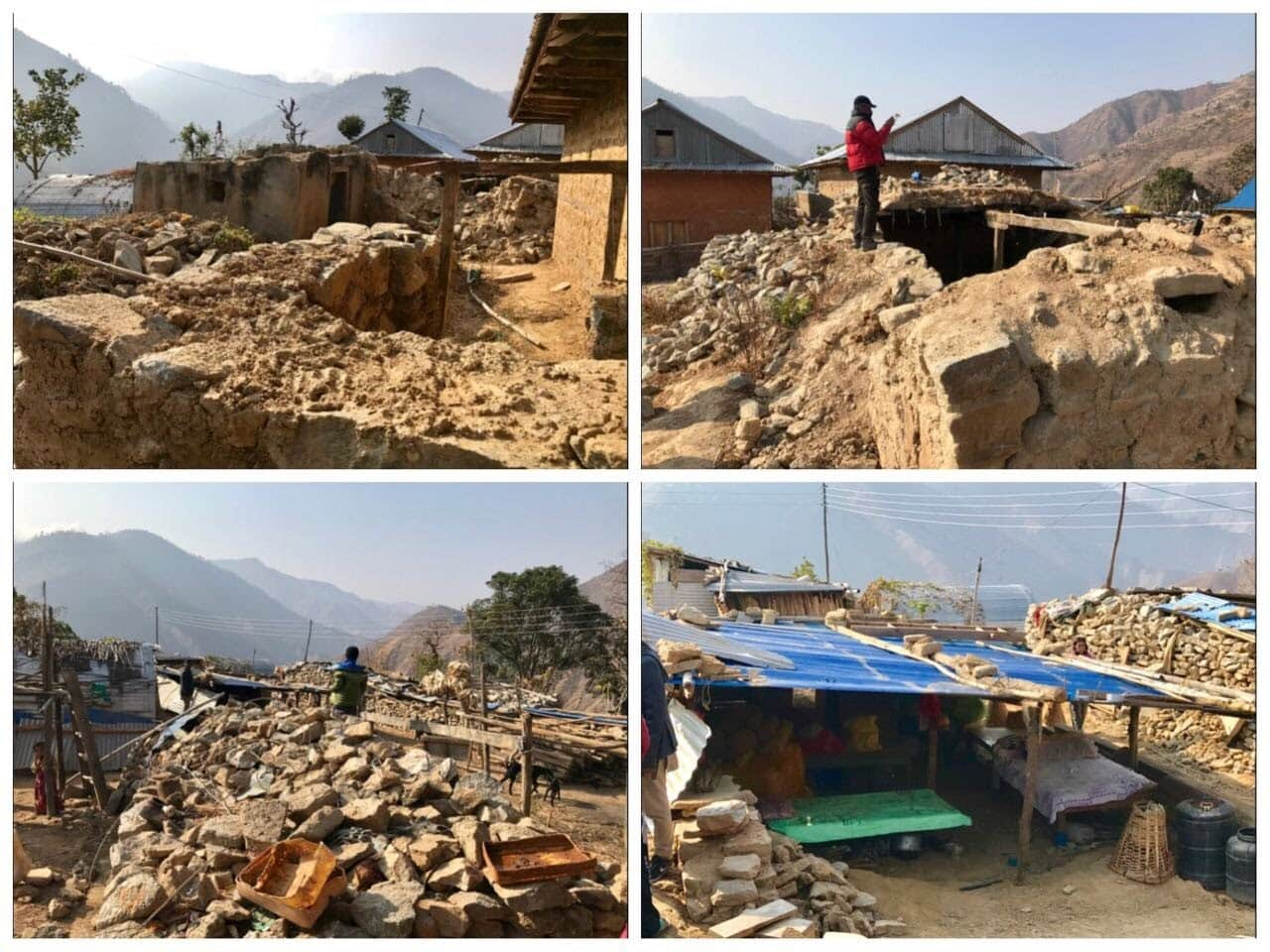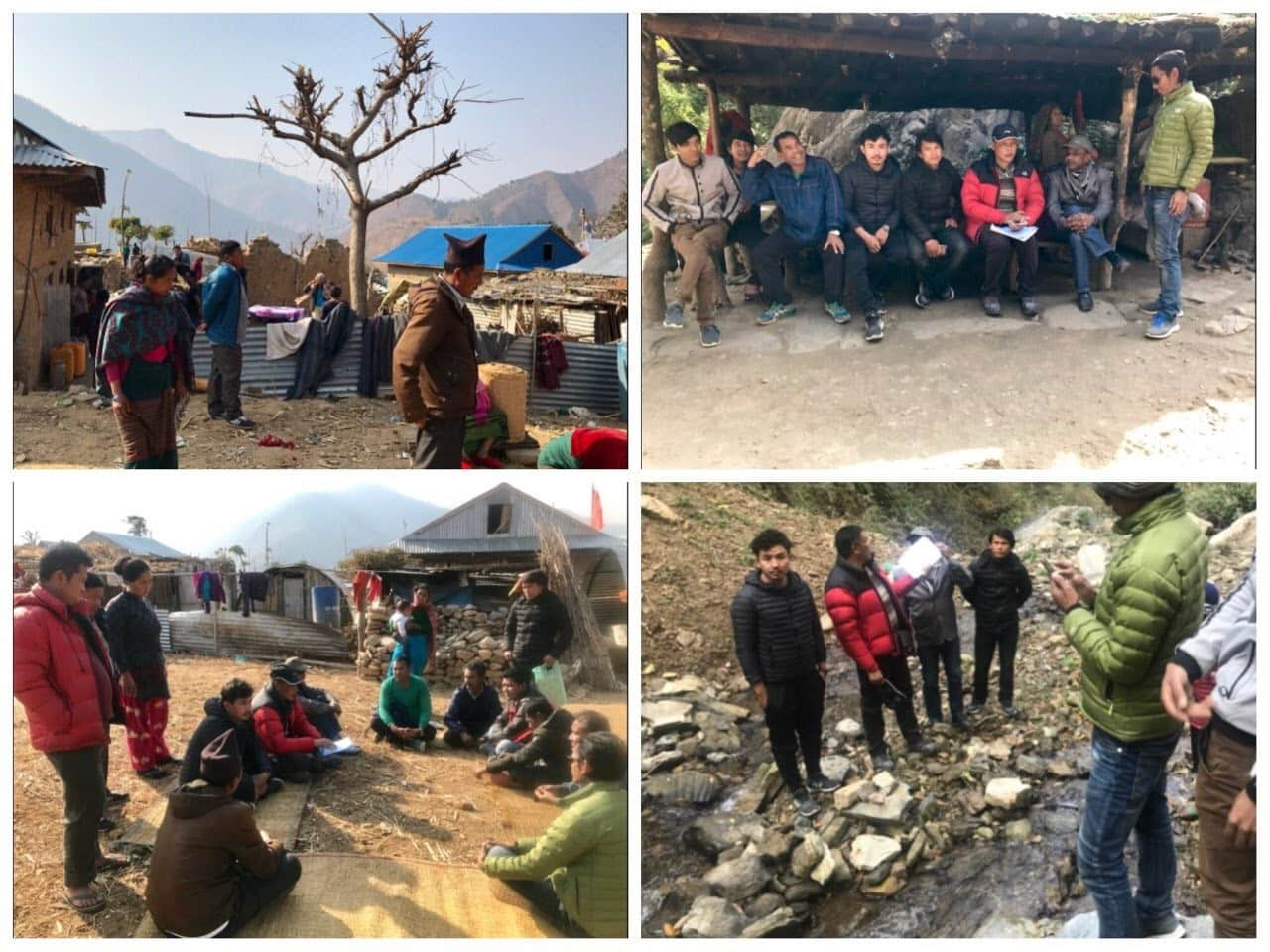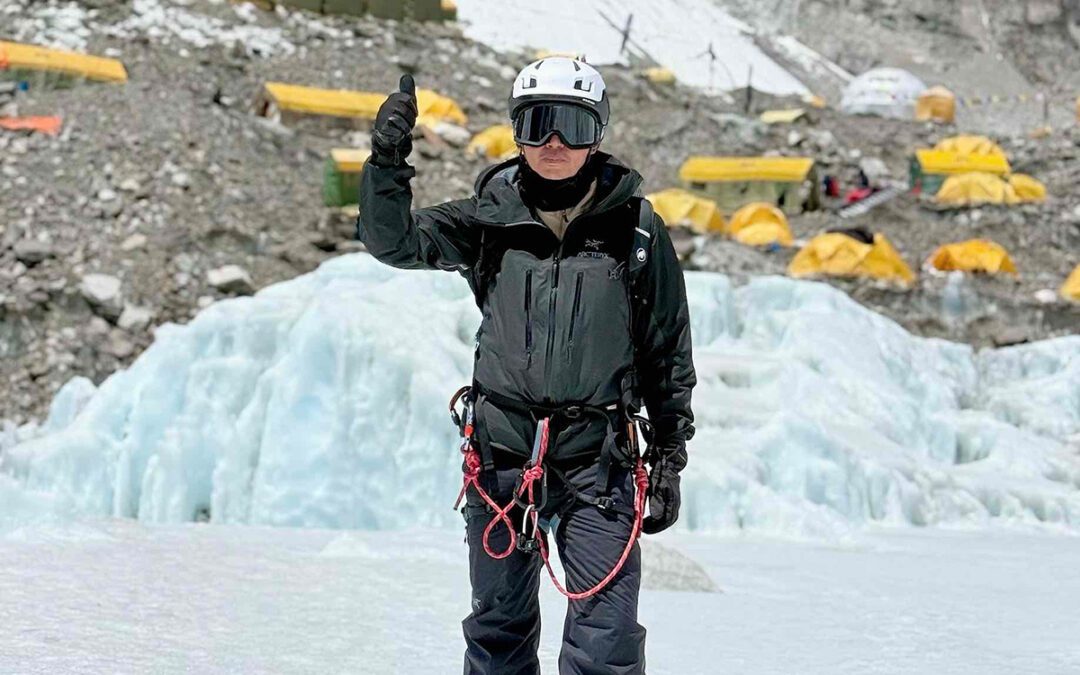Water & Sanitation
Thamdanda Water Supply & Sanitation Project
Himalayan Leaky Foundation is working with Rotary Westhaven in Auckland NZ, the Rotary Club of Yala, Nepal and a generous grant from Rotary International. The Thamdanda Integrated Water Supply and Sanitation Project is planned for the Timal Rural Municipality, Kavre district that incorporates communities within five villages that are home to 439 people living in 94 households.
This is a water and sanitation scheme that focuses on providing safe drinking water, sanitary facilities and income-generating programmes for local people. It will provide toilets and bio-gas plant for energy and sanitation facilities, irrigation for agriculture development, and water for livestock development which will improve the socio-economic condition for the communities. The project will take around six months to install with over 8000 metres of water pipework installed.
Ensuring sustainability for the project and communities includes providing education and training for office management training, financial management, leadership & business development, and operations repair and maintenance.

Rabindra discovered these villages whilst doing trafficking awareness seminars in the communities of Khulum and Bhotetham villages in the Temal Rural Municipality, Kavre District, about three hours east of Kathmandu. The existing source of water was interrupted due to the massive earthquake in 2015. The water flow rate of the source is gradually decreasing, leaving the local people with negligible access to drinking water since the disaster. There is now an acute water shortage within these communities. They are forced to buy water at a high price to wash and cook as well as to carry out the construction activities required in order to build the new houses as almost 70 households completely collapsed in the earthquake. As well as destruction to the pipelines and reservoirs, taps were also damaged, leaving some people with no access to sanitation and safe drinking water and giving rise to health concerns.

Once Rabindra saw the heartbreaking situation that these people were living in, he knew HLF could try to assist. He enlisted the help of Padam Tamang, who is now a member of the HLF team. Padam has a lot of history in successful large water and sanitation projects, project management and a huge history of charitable endeavours. Together with engineers they went back to the area and held counsel with the villagers, listened to what they required and determined the best possible way to provide support. The result was having this project focusing on providing safe drinking water, sanitary facilities and other income generating programs, as well as the socio-economic upliftment of the communities and local people through agriculture and livestock development.

The proposed water supply project and the 8km route was then surveyed in such a way that the alignment does not pass through geologically unstable zones, wildlife conservation areas or dense forest. vSystem components do not bring any remarkable environmental disruptions. Due consideration was given while selecting the site of the reservoir and the stand post for the safe disposal of waste water so that it does not create erosion, gulling and pollution hazards. In the proposed project the beneficiaries have expressed their willingness to participate with their share of cost as ‘in kind’ contribution. They are ready to provide land needed for various structures, free of cost. The earthworks, including excavation and back-filling of the pipeline and other civil structures, are proposed in the contribution of users. This will generate costs at the equivalent to 11% of the total project cost.
The community have already formed the WUC (Water Users Committee) and as part of the successful completion of the project, they will be trained for the effective Operation and Maintenance of the project. This training includes pre and post construction training, financial management, operation and maintenance, health, hygiene and use of toilet training, waste water management and kitchen gardening. The majority of this training will be available for all beneficiaries within the communities. Following the successful completion of the project, the WUC will collect water tariffs every month for the operation and maintenance fund which will ensure the sustainability of the project for generations to come.
Transforming Lives
Read the latest news from the Himalayan Leaky Foundation

To the top! Support Rabindra’s Mount Everest Mission
Rabindra is currently on his mission to reach the summit of Mt. Everest (Sagarmatha as its known in Nepalse, meaning 'Peak of Heaven') to raise funds that will bring shelter, food, education, and clean water to Chepang families. He has already been on rotations to Base Camps 1, 2, and 3. Base Camp 3, at an elevation of 7,100 meters, is a challenging environment, with temperatures ranging from -30 to -40 degrees Celsius and wind speeds of 70-80 miles per hour! It's difficult to imagine such extreme conditions, but Rabindra has been training hard for this moment, and it’s incredible to see him pushing toward his dream of summiting Sagarmatha....
